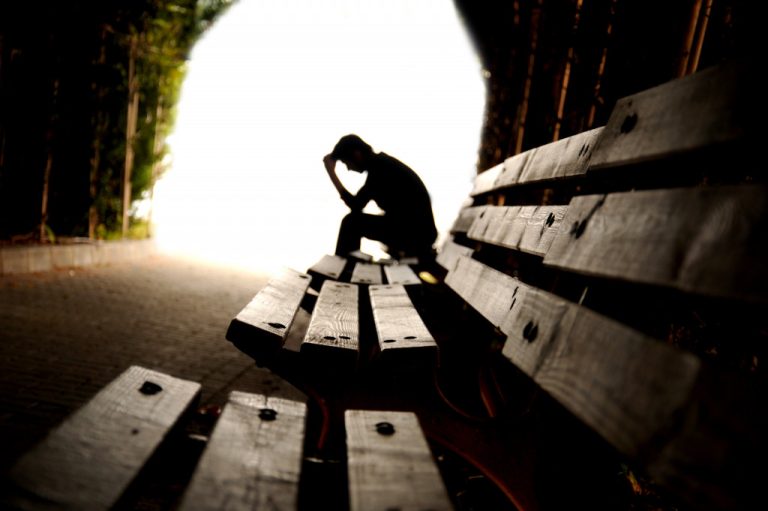Depression and anxiety are two of the most common mental health conditions in the United States. They can both be incredibly debilitating, making it difficult to go about your day-to-day life. Fortunately, there are a number of different ways to manage depression and anxiety. Each person’s needs will vary, so it’s important to find what works best for you.
1. Seek professional help.
The best way to manage your depression and anxiety is to seek professional help. A mental health professional can help you understand your conditions and develop a treatment plan. If you’re not sure where to start, you can ask your primary care physician for a referral.
2. Medication.
One of the most common ways to treat depression and anxiety is through medication. There are a number of different medications that can be effective in treating these conditions. If you’re considering medication, it’s important to work with a mental health professional to find the right one for you. Medication can have side effects, so it’s important to be monitored by a professional.
3. Therapy.
Another common treatment for depression and anxiety is therapy. This can be an incredibly effective way to manage your symptoms and learn how to cope with your conditions. There are a number of different types of therapy, from ketamine therapy to cognitive behavioral therapy, so it’s important to find one that’s right for you.
4. Self-care.
Self-care is an important part of managing depression and anxiety. There are a number of things you can do to take care of yourself, such as exercise, eat a healthy diet, get enough sleep, and take breaks when you need them. Taking care of yourself can help you feel better and cope with your conditions.
5. Support groups.
Support groups can be a great way to meet other people who are dealing with depression and anxiety. This can be a place to share your experiences, learn from others, and get support. There are a number of different types of support groups, so it’s important to find one that’s right for you.

6. Relaxation techniques.
There are a number of different relaxation techniques that can be helpful in managing depression and anxiety. These techniques can help you reduce stress, focus your thoughts, and calm your mind and body. Some common relaxation techniques include yoga, meditation, and deep breathing. You can use these techniques on your own or with the help of mental health professional.
7. Exercise.
Exercise is another great way to manage depression and anxiety. It can help you improve your mood, reduce stress, and increase your energy levels. It’s important to find an exercise routine that works for you and to stick with it. If you’re not sure where to start, you can talk to your doctor or a personal trainer.
8. Coping skills.
Coping skills are important in dealing with depression and anxiety. These skills can help you deal with your symptoms and manage your stress levels. There are a number of different coping skills, so it’s important to find ones that work for you. Some common coping skills include journaling, positive self-talk, and relaxation techniques.
9. Hobbies.
Finding a hobby can be a great way to cope with depression and anxiety. Hobbies can help you take your mind off of your symptoms and focus on something that you enjoy. They can also help you meet new people and make new friends. You can pursue your old hobbies and enjoy them once more or find new ones that you’re interested in.
10. Make lifestyle changes.
Making lifestyle changes can be an important part of managing depression and anxiety. If you smoke, drink alcohol, or use drugs, it’s important to make changes to these behaviors. These substances can worsen your symptoms and make it difficult to cope with your conditions. Seek professional help if you’re struggling to make changes on your own.
11. Connect with others.
Isolation can worsen depression and anxiety, so it’s important to connect with others. This can be done through family and friends, social activities, or support groups. Connecting with others can help you feel supported and less alone. Reach out to someone if you’re feeling isolated or lonely.
12. Seek emergency help.
If you’re feeling like you’re in danger of harming yourself or others, it’s important to seek emergency help. You can call 911 or go to the nearest hospital emergency room. If you have a mental health professional, you can also contact them for help.
There are a number of different ways to manage depression and anxiety. It’s important to find what works for you and to seek professional help if you’re struggling. Remember, you’re not alone in this. Try to reach out to others for support and to find a community that can help you through this.

